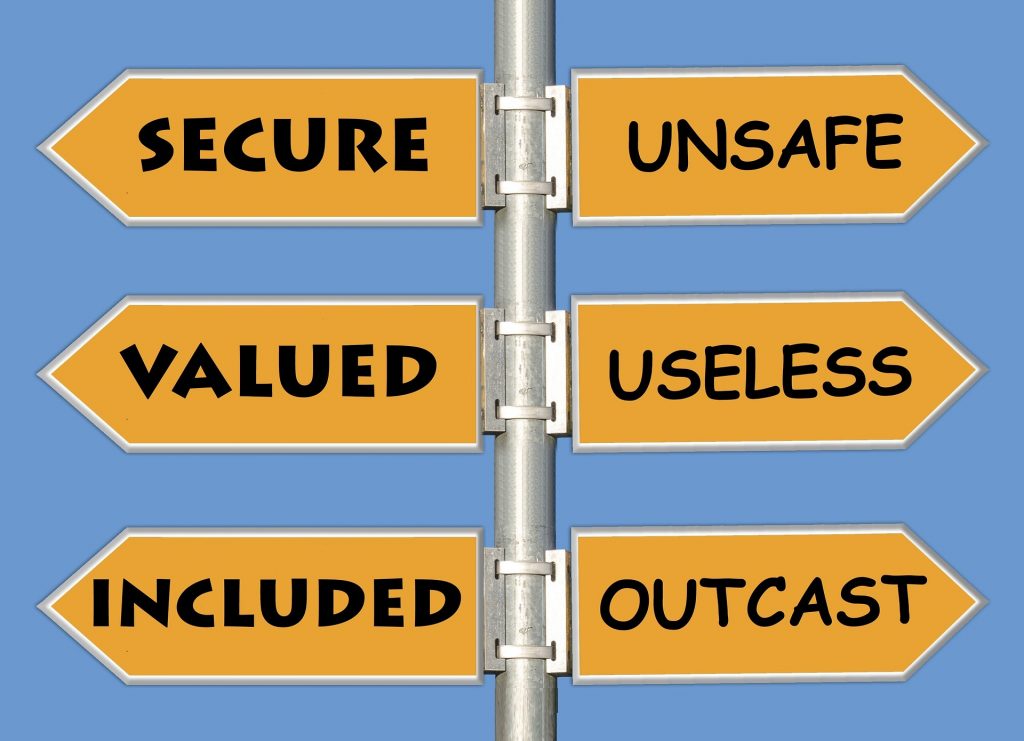In today’s fast-paced environment, the ability to make sound decisions is more critical than ever. Whether in business, personal life, or during stressful situations, the choices we make can greatly impact our outcomes. Yet, numerous people find it difficult with making decisions, often feeling overwhelmed by the vastness of information at hand or stopped by fear of making the wrong choice. Bridging the gap from evaluation to decisive decision is crucial for success, and enhancing decision-making skills can result in greater assured and timely results.
Mastering the skill of smart decision-making requires understanding various techniques and frameworks that accommodate both intuitive and logical methods. From discovering how to make better decisions under pressure to acknowledging the importance of emotional intelligence, cultivating these skills can empower individuals to navigate challenges successfully. In this article, we will explore proven techniques, the psychology behind great decisions, and strategies for addressing common pitfalls like decision fatigue and paralysis by overthinking, all designed to helping you make decisions that reflect your objectives and values.
Methods for Impactful Decision Making
Effective decision-making starts with the definition of clear goals. To make smart choices, you must recognize what outcome you want. Spend time to articulate your objectives, as this focus will influence your thought process. Whether you are weighing individual choices or business decisions, knowing what you want to attain helps you eliminate options that are misaligned with your goals.

Then, consider utilizing decision-making structures that offer a framework to your assessments. These structures can help visualize options, weigh their pros and cons, and analyze potential outcomes. Techniques like the SWOT model (advantages, weaknesses, prospects, risks) can aid in grasping the ramifications of your decisions. By structuring your thoughts systematically, you boost your ability to make thoughtful choices supported by logic rather than emotion.
Finally, remember the value of emotional intelligence in decision-making. Being aware of your emotions and understanding how they influence your choices can greatly improve the quality of your decisions. Adopt mindfulness to keep emotions in check, especially under stress. An acute awareness of both your emotional state and those of your peers can foster better collaboration in collective situations, leading to more solid consensus and ultimately better results.
Understanding Psychology for Better Choices
Grasping the psychology behind the decision process can substantially improve your capacity to choose wisely. One important insight is the concept of cognitive biases, which are methodical mistakes in thought that impact our decision-making. Being cognizant of biases like bias confirmation or anchoring can help you identify when your judgment may be influenced. By deliberately questioning your preconceptions and pursuing diverse perspectives, you can diminish the effect of these biases and make more informed decisions.
EI plays a critical role in how we navigate decisions, especially in high-pressure situations. Recognizing and managing your emotions can avoid fear and overpowering your judgment. When you engage in mindfulness and cultivate empathy for others' perspectives, you can approach decisions with a more focused mind and a more equitable perspective. This emotional awareness not only helps in personal decision-making but also strengthens group interactions when collaborative choices are needed.
Another crucial aspect is the strength of intuition, which can be a beneficial tool in the process of making decisions. While analytical thinking is essential for evaluating data, intuition allows for quick evaluations based on past experiences and gut feelings. Balancing https://routemoon24.bloggersdelight.dk/2025/04/30/the-incredible-art-of-making-choices-cultivating-strong-decision-making-skills/ with rational thought can result to more effective decision results. Training your mind to recognize when to trust your intuition and when to rely on careful analysis can ultimately enhance your ability to make decisions and result in better results.
### Tactics for Self-assured Decision-Making
For making assured decisions it's vital to employ a combination of analytical tools and emotional insight. Begin with outlining an explicit decision-making framework which aligns to your beliefs plus goals. This may entail identifying the key criteria that are most significant to you, weighing the benefits and drawbacks of each option, and thinking about the long-term implications of your decisions. With a well-defined procedure, you reduce uncertainty plus establish a firm ground to make knowledgeable choices.
Another effective strategy is to adopt the technique of pausing. When encountering critical determinations, pausing for a moment to breathe and reflect may result in enhanced understanding. This method enables you to disengage from instant emotional reactions and assess alternatives with a neutral perspective. Integrate techniques like being present plus short periods of meditation in your decision-making process, since these can improve cognitive clarity plus lessen stress, therefore helping you face decisions with greater confidence.
In conclusion, make sure to practice reflecting on your decisions, regardless of their outcomes. Analyzing past outcomes provides valuable insights to shape future choices positively. Develop a habit of reflection, reflecting on what was effective and where improvements could be made in your decision-making process. By moving away from fear of making wrong choices while emphasizing development and education, you can nurture a more confident approach to decision-making throughout your entire life.
